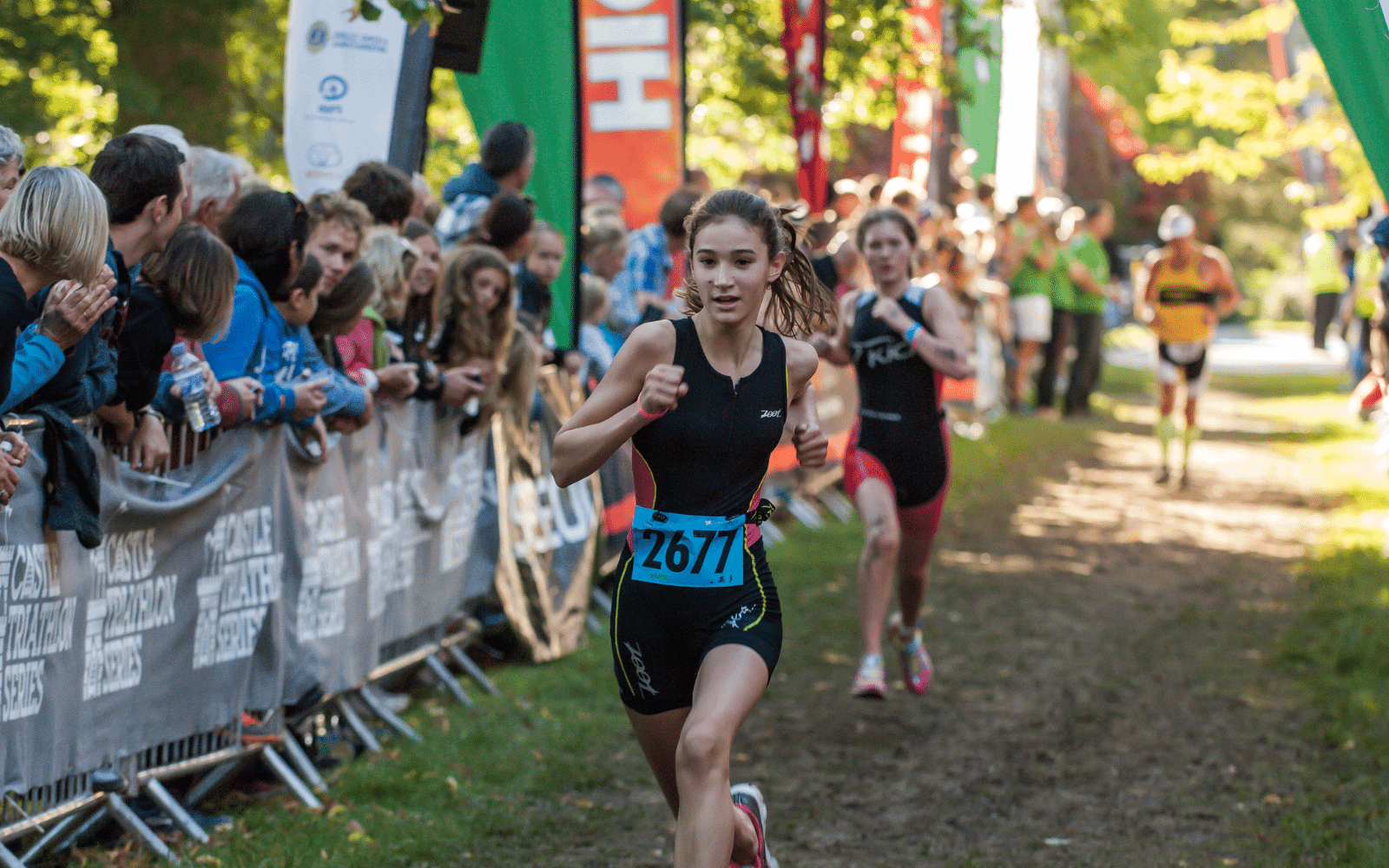Endurance races integrate swimming, biking, and foot racing into a single endurance event that challenges both the body and mental faculties. For many, preparing for a triathlon is not just about preparing for a race; it is a process towards achieving the best health and improving overall performance. Whether you are a experienced athlete or a novice to the sport, grasping how to properly train can make all the difference in reaching your aspirations.
Coaching for triathlons can be a revolutionary element in your training journey. With personalized guidance, specialized advice, and structured schedules tailored to your unique needs, coaching offers the assistance necessary to maximize your capabilities. As you start on this multifaceted training program, you will discover not only the physical benefits of improved strength and endurance but also the mental resilience that comes from perfecting the art of triathlon racing. Welcome the obstacle and get set to unlock your true abilities with the help of passionate coaching.
Fundamental Foundations of Multisport Coaching
Successful triathlon coaching is built on a base of individualized training plans that meet the needs of the unique strengths and weaknesses of individual athlete. Coaches evaluate the current fitness level of their athletes and design tailored programs that feature swimming, cycling, and running workouts. This personalized approach guarantees that athletes focus on areas that need improvement while also refining their existing skills, in the end fostering greater progress and boosting their comprehensive performance.
A subsequent key principle in triathlon coaching is the inclusion of structured training in training schedules. By organizing training into separate phases, athletes can experience cycles of growing intensity and mileage, with recovery periods. This method allows for peak performance at the appropriate time, notably leading up to races. Periodization also aids to prevent burnout and injuries, which are common pitfalls for athletes who exercise without structure.
Nutrition and recovery strategies are equally crucial in triathlon coaching. An impactful coach stresses the importance of a balanced diet to fuel training and optimize recovery. Proper hydration, macronutrient balance, and the timing of food intake all play pivotal roles in an athlete's performance. Moreover, establishing a solid recovery routine, including rest days, active recovery sessions, and sleep optimization, promotes continuous improvement and helps athletes keep consistency in their training efforts.
Nutrition Tactics for Optimal Results
To enhance performance in triathlon training, adequate nutrition is crucial. Triathletes must consume a balance of carbohydrates, proteins, and fats to fuel their bodies efficiently. Carbohydrates are the primary fuel of energy, particularly during long training sessions and races. It is crucial to incorporate complex carbohydrates, such as whole grains, fresh produce, and vegetables, as they provide lasting energy and help maintain optimal glycogen stores.

In addition to carbohydrates, adequate protein intake is vital for muscle recovery and recovery. Triathletes should concentrate on lean protein options like poultry, seafood, legumes, and dairy. Intaking protein after workouts can assist in muscle recovery and help prevent injuries. Furthermore, nutritious fats from options like nuts, nuts, fruit, and olive oil can support long-term energy levels and overall health, making them an essential piece of the nutrition puzzle.
Hydration cannot be neglected in a triathlon training regimen. Fluid loss can severely impact performance, so it is crucial to drink water and electrolyte-rich fluids before, during, and after workouts. Monitoring fluid loss and adjusting intake according to individual needs and environmental conditions is a key strategy. By concentrating on a well-rounded nutrition plan, triathletes can enhance their performance and bolster their health throughout their training journey.
Injury Prevention Techniques & Restoration Techniques
During the triathlon training, injury-related issues management stands as essential in achieving optimal functionality along with well-being. A carefully designed coaching program focuses on progressive escalations in terms of effort as well as training load, allowing your body to acclimate without strain. Integrating resistance training not just enhance muscular endurance but also supports joint stability, minimizing the chance of common injuries including muscle strains as well as ligament injuries. Regular stretching exercises, including bodyweight flexibility exercises or focused stretching sessions, contributes to maintaining a complete articular movement and lessens tight muscles that can lead to injuries.
Restoration methods are equally important for athletes involved in intense training. The adoption of active rest sessions, in which low-intensity workouts like swimming and biking at an easy pace are implemented, might aid eliminate byproducts and enhance circulation. Additionally, maintaining adequate rest as well as nutrition is a vital function in recovery. Coaches often suggest post-exercise nutrition plans, like consuming a blend of proteins as well as carb sources immediately after exercise, in order to aid recovery of muscles while also restore energy reserves.
Finally, recognizing the indicators of exhaustion as well as over-exertion stands as critical to any competitor. Coaches assist athletes to identify these indicators along with highlight the significance of paying attention to bodily signals. Adopting techniques including massage therapy, foam rolling, as well as cold water immersion can significantly aid in recovery as well as tame inflammation. By prioritizing these injury mitigation as well as recovery practices, competitors do not just enhance their performance and also create a lasting training regimen leading to sustained health as well as success within triathlons.
